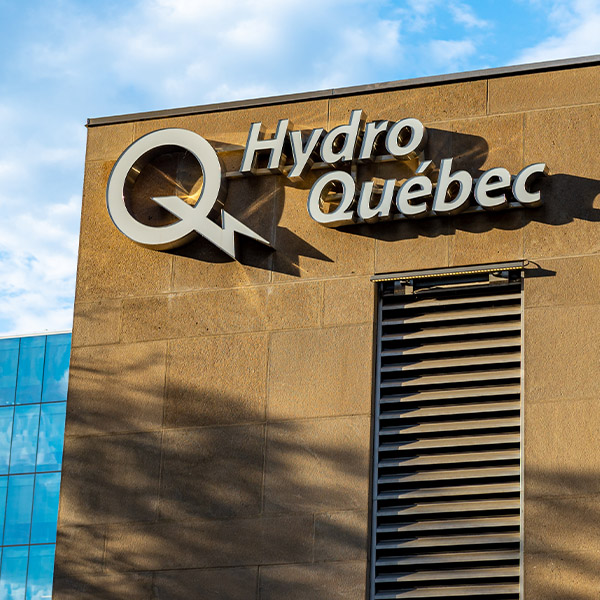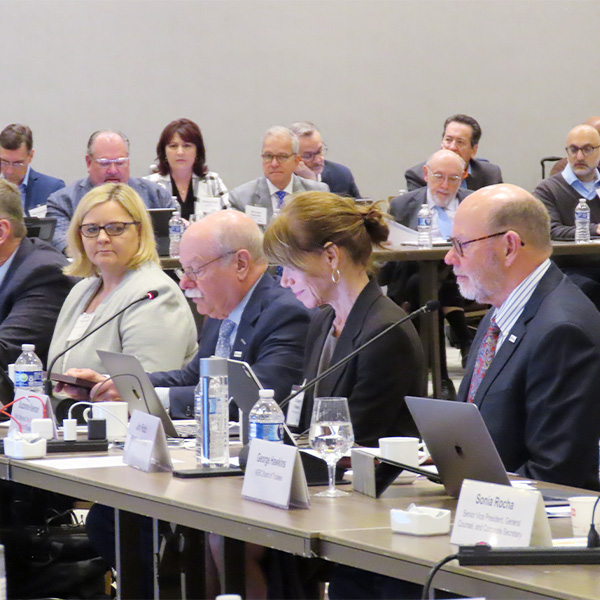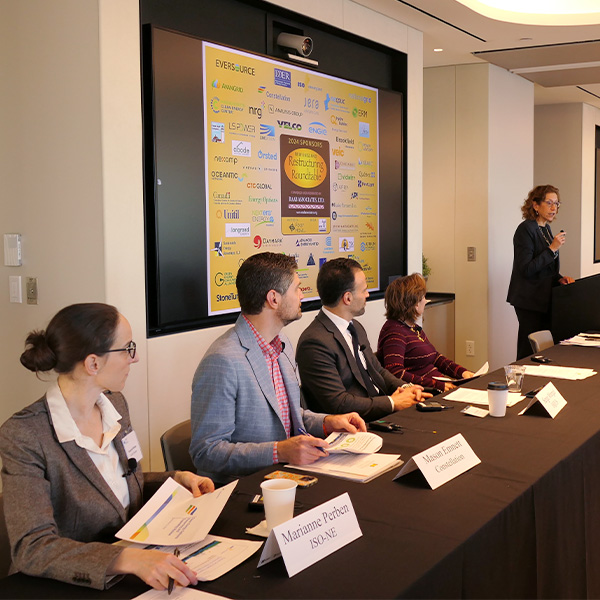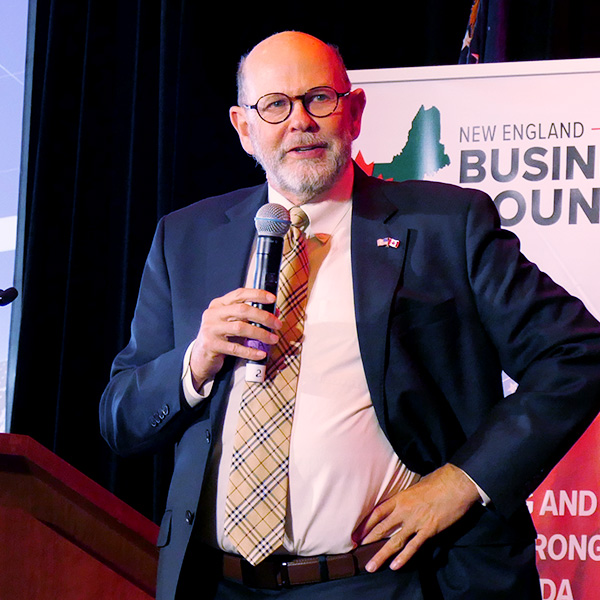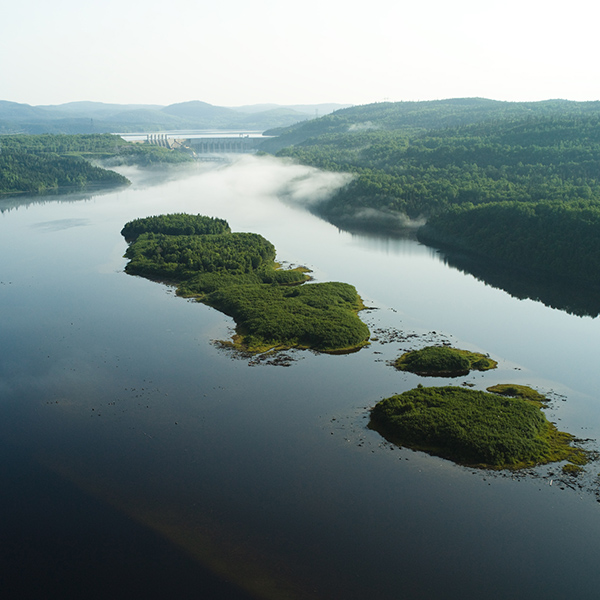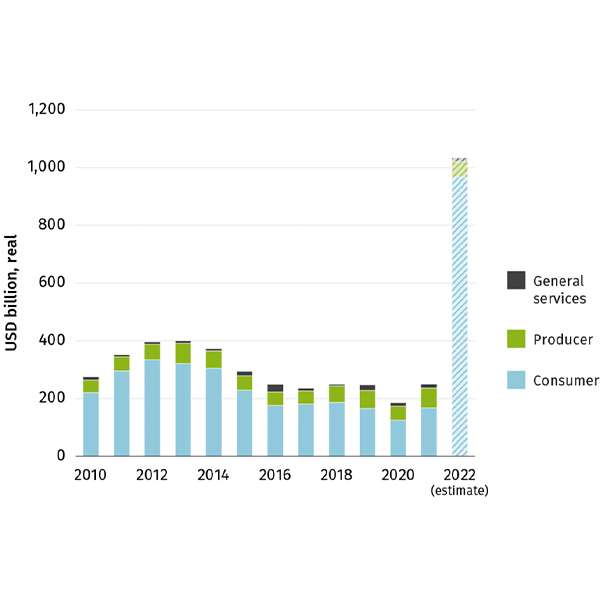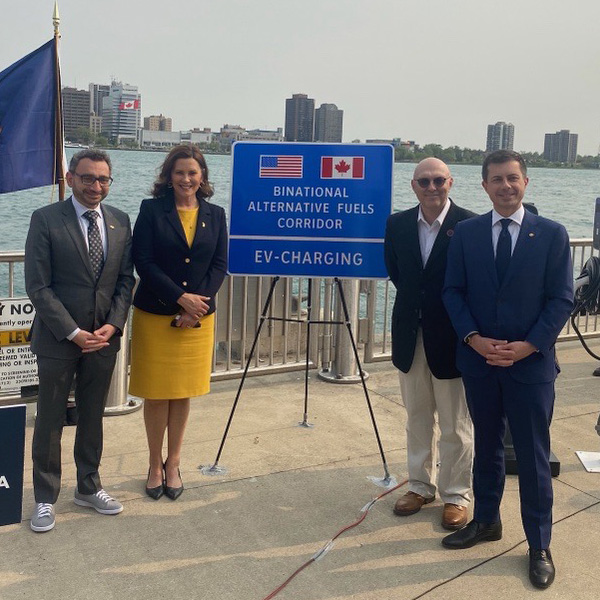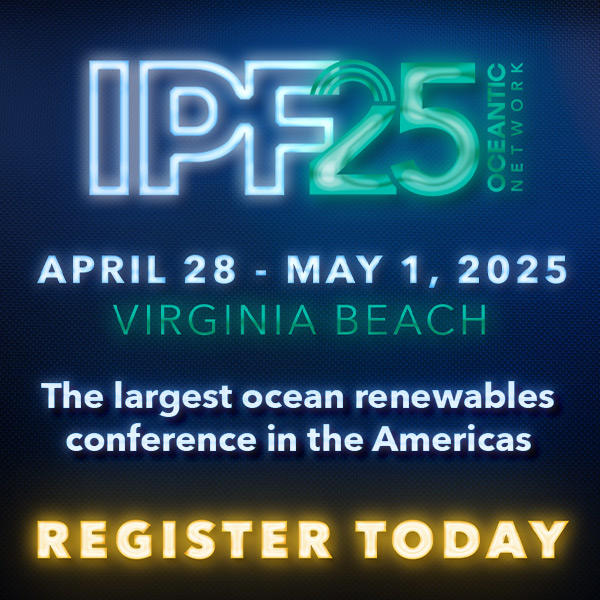Canada
NERC's Standards Committee agreed to post several standards projects for industry comment, though members expressed concern about a plan to compress their timelines.
Ontario Premier Doug Ford announced the province will enact retaliatory 25% tariffs on its electricity transports to the U.S. or even halt exports if President Donald Trump doesn’t stand down in a burgeoning trade war.
ISO-NE requested authorization from FERC to collect import tariffs while simultaneously arguing that the RTO “is not the appropriate entity” to do so.
NERC's chair and CEO touted the ERO's work across borders in a Board of Trustees meeting that featured leadership turnover and an initiative to remake the standards development process.
While 2024 brought notable success on state-level climate policy in Massachusetts, 2025 brings significant uncertainty regarding whether the change in federal administration will slow the momentum of the clean energy transition in the region.
Energy leaders from the U.S. and Canada grappled with the challenges of balancing decarbonization and affordability at the New England-Canada Business Council’s Executive Energy Conference.
NPCC said all subregions should have adequate supply to meet demand this summer despite recent generation retirements.
With the days of endless cheap hydropower in Québec coming to an end, and the Northeastern U.S. hoping to rapidly scale up intermittent renewables, the two regions may be forced to fundamentally reconsider the role of hydropower on the grid.
Global investments in renewables are more concentrated not only in developed countries but also in developed technologies. Solar PV and onshore and offshore wind are accounting for almost 97% of investments.
A 900-mile EV corridor going from Michigan to Quebec will have charging stations every 50 miles and benefit from U.S.-Canadian cooperation.
Want more? Advanced Search


